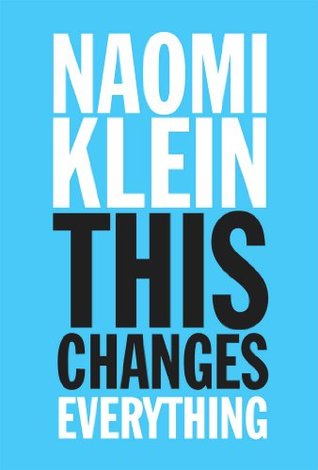In The Wealth of Nations, Adam Smith made a case against slavery that had little to do with morality and everything to do with the bottom line. Work by paid laborers, he argued, “comes cheaper in the end than that performed by slaves”: not only were slave owners responsible for the high costs of the “wear and tear” of their human property but, he claimed, paid laborers had a greater incentive to work hard.16 Many abolitionists on both sides of the Atlantic would embrace such pragmatic arguments.
Welcome back. Just a moment while we sign you in to your Goodreads account.


